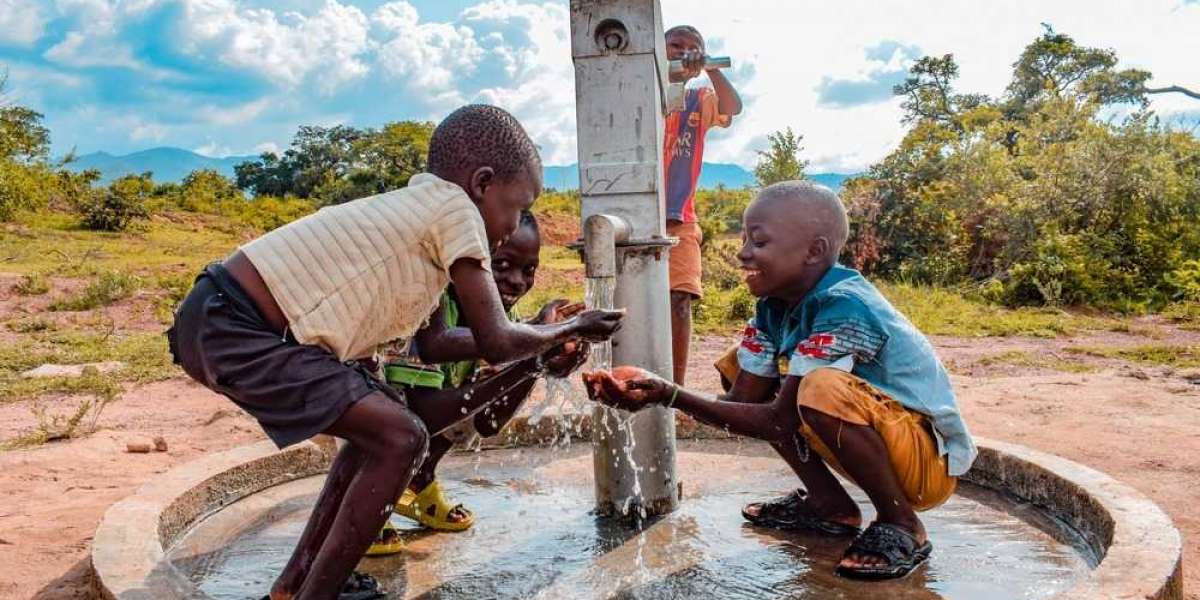Introduction
In the bustling cities and rural villages of Africa, amidst the vibrant cultures and diverse landscapes, exists a sobering reality – the plight of starving African children. This article delves into the multifaceted issue of child starvation in Africa, exploring its root causes, the impact on communities, and the concerted efforts to alleviate this humanitarian crisis.
Understanding the Crisis
Root Causes of Starvation
Starvation in Africa is not merely a consequence of food scarcity but stems from a complex interplay of socio-economic factors. Persistent poverty, political instability, climate change-induced droughts, and conflicts contribute to food insecurity, leaving millions vulnerable to malnutrition and starvation.
Impact on African Children
Children bear the brunt of this crisis, facing stunted growth, cognitive impairments, and increased susceptibility to diseases. Malnutrition not only jeopardizes their physical health but also impedes their educational attainment and future prospects, perpetuating a cycle of poverty and deprivation.
Efforts and Organizations Combatting Starvation
NGOs and Charities
Numerous non-governmental organizations (NGOs) and charities are at the forefront of providing emergency food aid, nutritional supplements, and healthcare services to vulnerable communities. Organizations like UNICEF, World Food Programme, and Save the Children work tirelessly to address immediate needs and implement long-term solutions.
Government Initiatives
Governments across Africa, supported by international partnerships, are implementing strategies to enhance food security and nutrition. Initiatives range from agricultural subsidies and food distribution programs to legislative reforms aimed at promoting sustainable development and poverty alleviation.
Innovative Solutions
Sustainable Agriculture
Investments in sustainable agriculture practices hold promise for addressing food insecurity in the long term. Agroecology, conservation farming, and climate-resilient crops empower communities to cultivate nutritious food locally, reducing dependency on external aid and mitigating the impact of environmental shocks.
Community Empowerment Programs
Empowering communities through education, vocational training, and microfinance initiatives fosters self-reliance and resilience in the face of food insecurity. By equipping individuals with the skills and resources to generate income and manage resources effectively, these programs contribute to sustainable livelihoods and food sovereignty.
The Role of Education
Education serves as a catalyst for breaking the cycle of poverty and malnutrition. Access to quality education empowers children with knowledge, skills, and opportunities for socio-economic advancement, enabling them to escape the vicious cycle of hunger and deprivation.
Addressing Health Challenges
In addition to addressing food insecurity, comprehensive healthcare interventions are essential for combating malnutrition-related illnesses and promoting child well-being. Vaccination campaigns, maternal and child health services, and nutrition education play a crucial role in improving health outcomes and reducing mortality rates among vulnerable populations.
Conclusion
The plight of starving African children is a stark reminder of our collective responsibility to uphold human dignity and safeguard the rights of the most vulnerable. By addressing the root causes of food insecurity, investing in sustainable development of Water Well in Africa, and promoting equitable access to education and healthcare, we can create a future where every child has the opportunity to thrive.
FAQs
- What are the main causes of starvation in Africa?
- Starvation in Africa is primarily caused by poverty, political instability, climate change-induced droughts, and conflicts.
- How do NGOs and charities contribute to combating starvation?
- NGOs and charities provide emergency food aid, nutritional supplements, healthcare services, and support long-term development projects aimed at improving food security and nutrition.
- What role does education play in addressing food insecurity?
- Education empowers individuals with knowledge and skills to overcome poverty and malnutrition, breaking the cycle of deprivation and fostering sustainable development.
- How can sustainable agriculture mitigate food insecurity?
- Sustainable agriculture practices promote resilience to environmental shocks, enhance food sovereignty, and reduce dependency on external aid by empowering communities to cultivate nutritious food locally.
- What can individuals do to support efforts to combat child starvation in Africa?
- Individuals can support NGOs, charities, and advocacy campaigns, raise awareness about the root causes of food insecurity, and advocate for policies that promote sustainable development and social justice.








